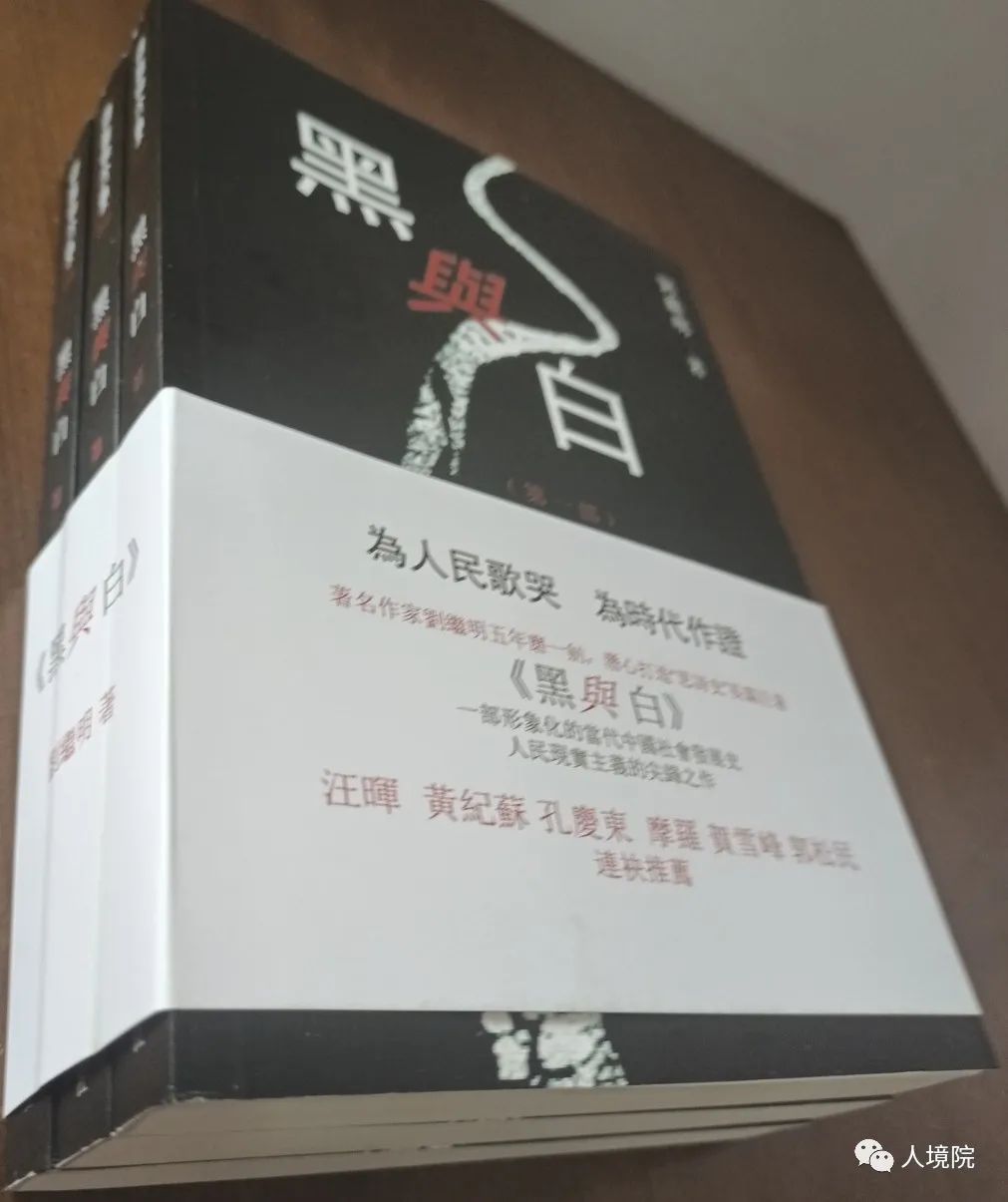《金融時報》 (Financial Times)
標題:中國的精英群體比民眾更有影響力 (Elite groups can drown out Chinese voices)
By Geoff Dyer in Beijing
Published: September 23 2010
譯文:
距中國上一次為反日情緒撼動已有五年。當時,上海的數千名年輕人于一個周六上午舉行了示威游行,抗議日本的部分歷史教科書將日本戰時暴行排除在外的做外。抗議者們向日本餐館扔鞋,警方則袖手旁觀看笑話。一個還在上高中的小女孩站在警戒線外咆哮道:“我們就是恨日本!”
似曾相識的場景上周末在北京再次上演,又一場示威游行迫使日本使館區周邊活動陷于停滯。這次游行因兩周前日本海岸警衛署逮捕了一艘中國漁船船長而引發。
本次示威很溫和:大約一百來號人,舉著零星的中國國旗和橫幅;但卻有大批警察到場,看上去示威者與警方的人數比例至少達到一比三,顯示出這個國家正高度敏感于任何與日本有關的爭論。
本周中國提高了抗議聲調,推出了包括取消中日政府間高級別接觸在內的升級舉措。這些舉動使人們不禁要問,指導中國外交政策的基礎究竟是什么?是北京強硬捍衛自身利益的決心呢,還是領導層向公眾民族主義情緒的示好?
互聯網已經成為中國人公共生活中的強大力量。大多數情況下,中國網民充其量也許會是些常發出刺耳聲音的群眾,但只要當話題有一丁點牽扯到諸如日本這樣的歷史死敵時,網上情緒就變得異常激烈。許多中國分析人士認為,在法國總統薩科奇會見達賴喇嘛之后,中國做出取消2008年中-歐峰會的決定,即是為著回應和平息網上的怒火。
中國官員常常十分樂意告訴他們的外國同事,他們要面對怎樣的公眾輿論壓力。
然而我們可能很容易過分高估公眾輿論對中國外交政策的影響力。北京對于網路上的輿情喧嘩向來有著嫻熟的駕馭技巧。網絡審查制度使當局可以用直言不諱的指令回避某一個主題的討論。但該制度也有其巧妙的運用方式,即允許人民就某一主題痛快宣泄,而一旦怒火平息又令其戛然而止。
因此,盡管2005年發生了大規模反日示威活動,中國國家主席胡錦濤還是在三年后與日方簽署了能源開采合作協議,覆蓋海域正位于本次沖突發生地。無論公眾對某件事抱有何種反感抵觸,北京都顯示出它具有這樣的能力,即待民間狂怒漸平后改變政策方向——且很可能又回到原先軌道上。
更關鍵地,太過重視公眾輿論會讓我們忽視中國社會其它正期待影響外交政策的利益群體。如果說目前中國正在世界范圍內表現得愈發盛氣凌人,那么促使它如此行事的就不僅是網民群眾,還有大量持有實際利益的精英分子。
“中國的新貴們普遍感覺到,中國在世界舞臺上占據一席之地的時代來臨了”,琳達·雅各布森如是說道。她供職于斯德哥爾摩國際和平研究所,同時也是一份報告的作者,該報告專門研究游說團體如何影響中國外交政策制定。中國在過去十年投資開采國外自然資源的浪潮已經讓這個國家最大型的國有企業變得愿意支持一種更加獨立的外交政策。一個象征性的例子是,就在美國總統奧巴馬去年訪華的同一周,作為中國一小搓最高級決策官員之一和中石油前領導人的周永康,率領一支代表團訪問了蘇丹,實地考察中國在那里的石油投資,并與蘇丹總統奧馬爾·巴希爾舉行了友好會談。中國甚至有了自己版本的軍事新聞分析師,同樣角色常為美國電視節目帶來精彩內容。人民解放軍的一位上校劉明福,因自己一本號召中國建設世界領先軍隊的書,而成為本年度的小小明星。
北京在國際事務的處理上正變得愈發自信堅定,這在駐中國的外交官和分析人士中間已成老生常談。若果真如此,中國領導層的決定就不僅僅是在回應公共輿論,也是受制于黨國體制內部的權勢集團而不得不然。(膏沐容 譯)
原文:
It is five years since China was last convulsed by anti-Japanese sentiment. Several thousand young people demonstrated in Shanghai one Saturday morning about Japanese wartime atrocities being excluded from some history schoolbooks. The protesters were throwing bottles at Japanese restaurants, as the police looked on laughing. One young girl who was still in high school yelled, on the sidelines: “We just hate the Japanese.”
There was a déjà vu moment in Beijing last weekend when another demonstration brought the neighbourhood near the Japanese embassy to a standstill, this time over the arrest a fortnight ago of a Chinese fishing boat captain by the Japanese coast guard.
The protest itself was modest – maybe 100 people and a smattering of Chinese flags and banners. But the large police presence, which seemed to leave demonstrators outnumbered by at least three to one, underlined the sensitivity that surrounds any dispute with Japan.
The escalation in tensions with Japan this week, including the cancellation of top-level government contacts, has raised an important question about how China conducts its foreign policy: is Beijing playing hard to defend its interests or is the leadership running to keep ahead of nationalist public opinion?
The internet has become a powerful force in Chinese public life. Online commentators in China can be a rough crowd at the best of times but when there is a perceived slight from a historical rival such as Japan, emotions become particularly intense. Many Chinese analysts believe Beijing’s decision to cancel the 2008 EU-China summit after Nicolas Sarkozy, the French president met the Dalai Lama was a response to online fury.
Chinese officials are often happy to tell their foreign counterparts about the pressure they face from public opinion.
Yet it is easy to overstate the impact that public opinion really exerts on foreign policy. For all the internet noise, Beijing is highly skilled at steering public debate. Censorship in China can take the form of blunt instructions to avoid a subject. But it also has a more subtle side, allowing people to blow off steam over a subject but closing the conversation once tempers have cooled.
In spite of large anti-Japanese demonstrations in 2005, Hu Jintao, the president, signed an agreement with Japan three years later over energy co-operation in the very area which is the flashpoint for the latest dispute. Whatever the popular antipathy about certain subjects, Beijing has shown it can shift its policy once the furore has died down – and might well do so again.
Most of all, the focus on public opinion ignores all the other groups in Chinese society that are now looking to influence foreign policy. If China is throwing its weight around more in the world these days, the pressure is coming not just from the internet but from plenty of elite vested interests.
“There is a feeling among these new actors that it is time for China to take its place on the world stage,” said Linda Jakobson at the Stockholm International Peace Institute and author of a report on foreign policy lobbying in China. The wave of Chinese investment in foreign natural resources over the past decade has transformed the country’s biggest state-owned companies into powerful supporters of a more independent foreign policy. In one symbolic example, on the very week that Barack Obama, the US president, made his first trip to China last year, Zhou Yongkang, one of the handful of most senior officials in the country and a former PetroChina chief, led a large delegation to Sudan to inspect China’s oil investments and to hold a friendly meeting with Omar al-Bashir, the country’s president. China even has its own version of the television generals who are a staple of US cable shows. Liu Mingfu, a colonel in the Peoples’ Liberation Army, became a minor celebrity this year with his book calling on China to build the world’s leading military.
It has become commonplace among diplomats and analysts in China to say that Beijing is becoming more assertive in international affairs. If that is so, the leadership is not just responding to public opinion, it is also being prodded by powerful groups within the party-state system.
相關文章
「 支持烏有之鄉!」
您的打賞將用于網站日常運行與維護。
幫助我們辦好網站,宣傳紅色文化!
歡迎掃描下方二維碼,訂閱烏有之鄉網刊微信公眾號






